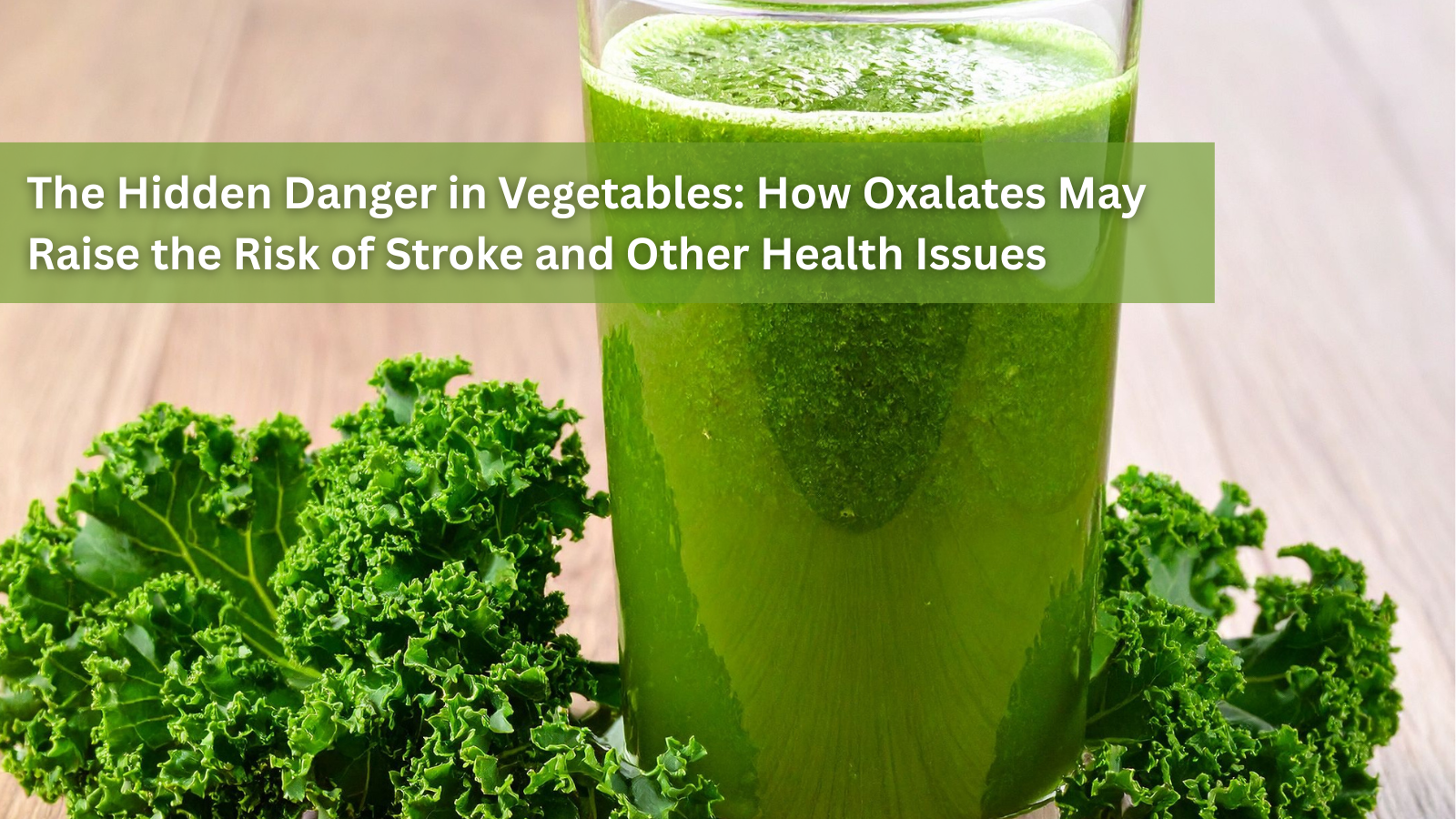Why are Health Experts Rethinking Dairy?

For decades, many of us have been told repeatedly by medical professionals to avoid whole milk and cheese, opting for low-fat or fat-free versions in the name of health. But the tide is turning, and health experts are singing a different tune thanks to recent research. It turns out, whole dairy products might not be the villains we once thought they were, when properly produced.
The Dairy Dilemma
Remember when we were all told to avoid whole milk and cheesy delights to keep our hearts healthy and waistlines trim? The thinking was that the saturated fat in these products could wreak havoc on our cholesterol levels and lead to heart disease. However, most of these studies focused on red meat, without taking into account the confounding variable, which is the difference between the types of protein associated with saturated fat.
However, recent studies are challenging these long-held beliefs. Researchers are discovering that whole milk and cheese pack a nutritional punch that’s hard to ignore.
Nutrient Powerhouses
Whole milk and cheese are rich in essential nutrients like calcium, vitamin D, and potassium. These nutrients are vital for maintaining healthy bones and teeth, regulating blood pressure, and supporting muscle function. Even better, whole milk contains conjugated linoleic acid (CLA), a type of fat that’s been linked to numerous health benefits, including reduced body fat and improved immune function.
The Saturated Fat Debate
One of the biggest reasons for the shift in thinking about whole dairy products is the evolving understanding of saturated fat. While it’s true that too much saturated fat can raise LDL (bad) cholesterol levels, it also raises HDL (good) cholesterol levels. The key is balance and moderation.Recent research suggests that not all saturated fats are created equal. The saturated fats found in whole milk and cheese may actually have a neutral or even positive effect on heart health when consumed as part of a balanced diet.
One study found that people who consumed more whole dairy products had a lower risk of cardiovascular disease compared to those who consumed less. Another study linked whole milk consumption to a lower risk of obesity. These findings are prompting health experts to reconsider their stance on whole dairy. Of course, this doesn’t mean we should all start eating cheese by the wheel or drinking whole milk by the gallon. Portion control is still important, but we can enjoy these delicious foods without guiltor fear of long term damage to our health.
Quality Matters
When it comes to dairy, quality is key. Choosing organic and grass-fed options can provide even more health benefits. These products often contain higher levels of omega-3 fatty acids, Vitamin A, and immunoglobulins, which are known for their anti-inflammatory and neuroprotective properties, with some studies even showing positive mental health benefits.
Ready to give whole dairy a second chance?
The bottom line is that whole milk and cheese can be part of a healthy diet. They offer a range of essential nutrients and, when consumed in moderation, may even support heart health. Go ahead, pour yourself a glass of whole milk or indulge in a slice of your favorite cheese. Your body—and your taste buds—will thank you!
Sources
Torres-Gonzalez, M., & Bradley, B. H. R. (2023). Whole-milk dairy foods: biological mechanisms underlying beneficial effects on risk markers for cardiometabolic health. Advances in Nutrition.
Kiesswetter, E., Stadelmaier, J., Petropoulou, M., Morze, J., Grummich, K., Roux, I., ... & Schwingshackl, L. (2023). Effects of dairy intake on markers of cardiometabolic health in adults: a systematic review with network meta-analysis. Advances in nutrition, 14(3), 438-450.
3 comments

October 30, 2025
Your Thyroid Is More Than Just a Gland — It’s the Master Regulator of Your Body
The thyroid is one of the most underrated glands in the body. It controls your metabolism, digestion, body temperature, and even influences your cardiovascular system. I often talk about how emotions are stored in the body, and when it c...
Read more
October 30, 2025
The Hidden Danger in Vegetables: How Oxalates May Raise the Risk of Stroke and Other Health Issues
When we think of a healthy diet, vegetables often top the list. Rich in vitamins, minerals, and fiber, they are considered a cornerstone of nutritious eating. However, a growing body of research suggests that certain vegetables—particu...
Read more
October 30, 2025
Book Review: The Toxic Tooth – Could a Root Canal Be Making You Sick?
In recent years, the intersection of dental health and overall well-being has become a hot topic of conversation. While we’ve long been aware that our teeth impact our quality of life, the idea that dental procedures like root canals c...
Read more




Raw Milk Kefir has been found in this 2023 study to improve the immune system T-cell modulation in mice, and to contain more immuno globlulins and other bioactives than heat-treated milk, and vastly increased the number diversity of benefitial species: Baars, T., van Esch, B., van Ooijen, L., Zhang, Z., Dekker, P., Boeren, S., … & Kort, R. (2023). Raw milk kefir: microbiota, bioactive peptides, and immune modulation. Food & Function, 14(3), 1648-1661..
Definitely, raw dairy is the way to go…and fermented even better,
Leave a comment